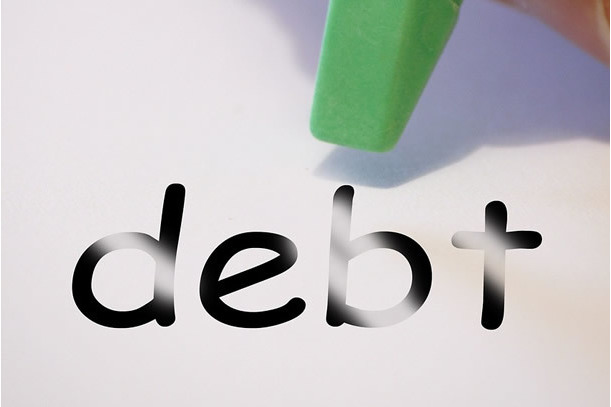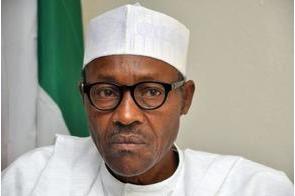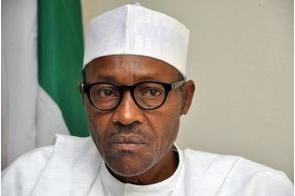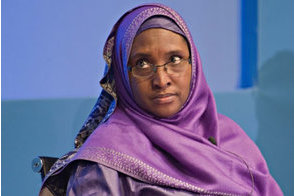Latest News
SEC raises concerns about Nigeria's rising debt service costs

News Highlight
According to the government’s 2020 budget implementation report, Nigeria’s debt service to revenue ratio was 83 per cent last year.
The Securities and Exchange Commission (SEC) of Nigeria has expressed concerns about the growing cost of the country's public debt service. During a presentation at its 5th Budget Seminar Series on Thursday, the commission described the rising debt service costs as an economic threat to the country.
The seminar, themed, “Financing Nigeria’s Budget and Infrastructure Deficits through the Capital Market,” focused on how the capital market can aid the flow of private capital to address Nigeria’s budget and infrastructure deficits in a sustainable manner. SEC’s Head of Economic Research and Policy Management Division, Office of the Chief Economist, Afolabi Olowookere, said the country’s total public debt, which increased from N5.24 trillion in 2010 to over N32 trillion in 2020, was still fine at around 20 per cent of Gross Domestic Product (GDP).
“But rising debt service is a threat,” Olowookere said. “Also shocks to commodities price (are) affecting revenue. And low tax-to-GDP ratio.”
According to the government’s 2020 budget implementation report, Nigeria’s debt service to revenue ratio was 83 per cent last year. While total revenue earned in 2020 was N3.93 trillion – representing a 27 per cent drop from the target revenue of N5.365 trillion – debt service for the year was N3.26 trillion.
In 2021, the government plans to spend 24.4 per cent (N3.32 trillion) of its N13.59 trillion budget on debt servicing. The estimated revenue for the year is N7.89 trillion, representing a debt service to revenue ratio of 42 per cent.
The SEC Budget Seminar brought together subject-matter and industry experts from public and private sectors to examine fiscal challenges and proffer implementable solutions. The seminar was hosted by SEC's Director General, Lamido Yuguda; and Minister of Finance, Budget and National Planning, Zainab Ahmed.
Ahmed said the government had to borrow given the urgent need to build infrastructure required for creating an enabling environment for businesses to thrive. She said the economic shocks caused by the COVID-19 pandemic further underscored the need to borrow.
“In order to provide the necessary infrastructure and still continue to meet other immediate expenditure needs, government often adopts deficit budgets which have to be financed through borrowing,” she said. “In this regard, the capital market is very key. Of course, experience has shown that the Nigerian capital market has been very supportive in providing the necessary funds to finance government programmes and projects.”
The minister urged capital market operators to provide retail investments to give ordinary Nigerians the opportunity to invest in the capital market.
Olowookere said much of the government’s deficit financing is spent on “short-term consumption items” giving the fact that actual infrastructure spending has not increased much. As a solution, the SEC official said, “Moving towards improved sustainability may require future debt tied to revenue-generating projects.”
Related News
Latest Blogs
- The Museum of West African Art saga
- The complexity and complication of Nigeria’s insecurity
- Between bold is wise and wise is bold
- Prospects of port community system in Nigeria’s maritime sector
- Constitutionalism must anchor discipline in Nigerian Armed Forces
Most Popular News
- NDIC pledges support towards financial system stability
- Artificial intelligence can help to reduce youth unemployment in Africa – ...
- Africa needs €240 billion in factoring volumes for SME-led transformation
- ChatGPT is now the most-downloaded app – report
- Green economy to surpass $7 trillion in annual value by 2030 – WEF
- CBN licences 82 bureaux de change under revised guidelines






